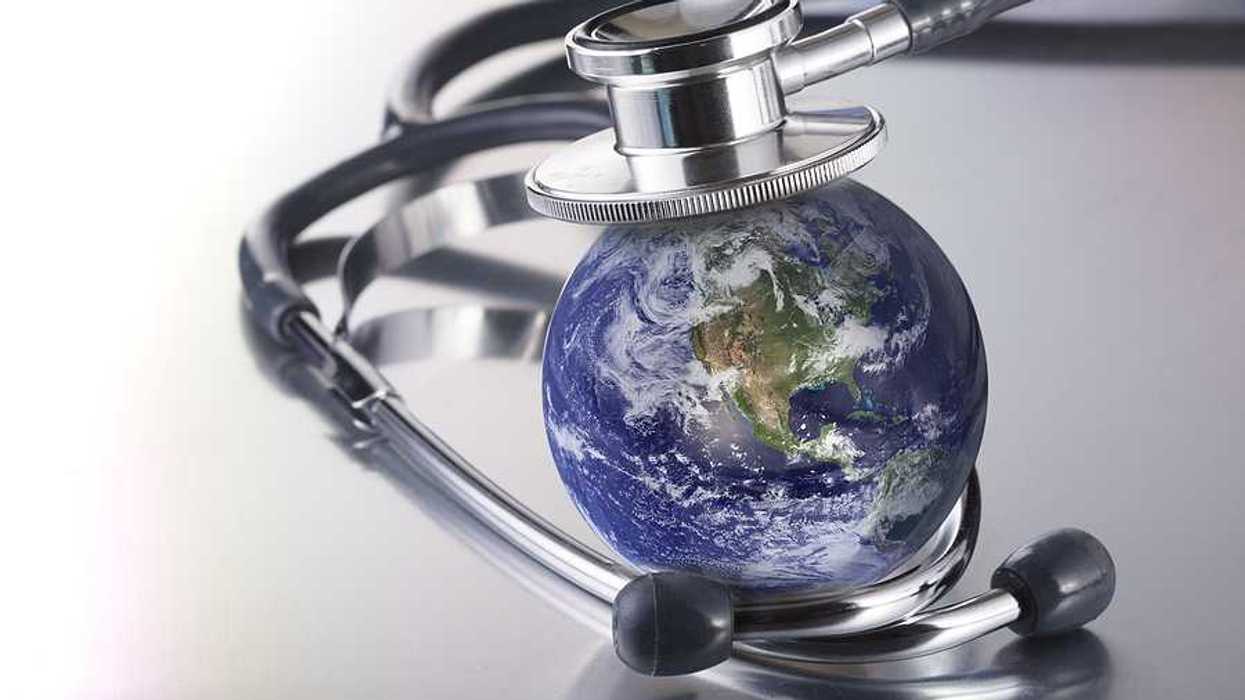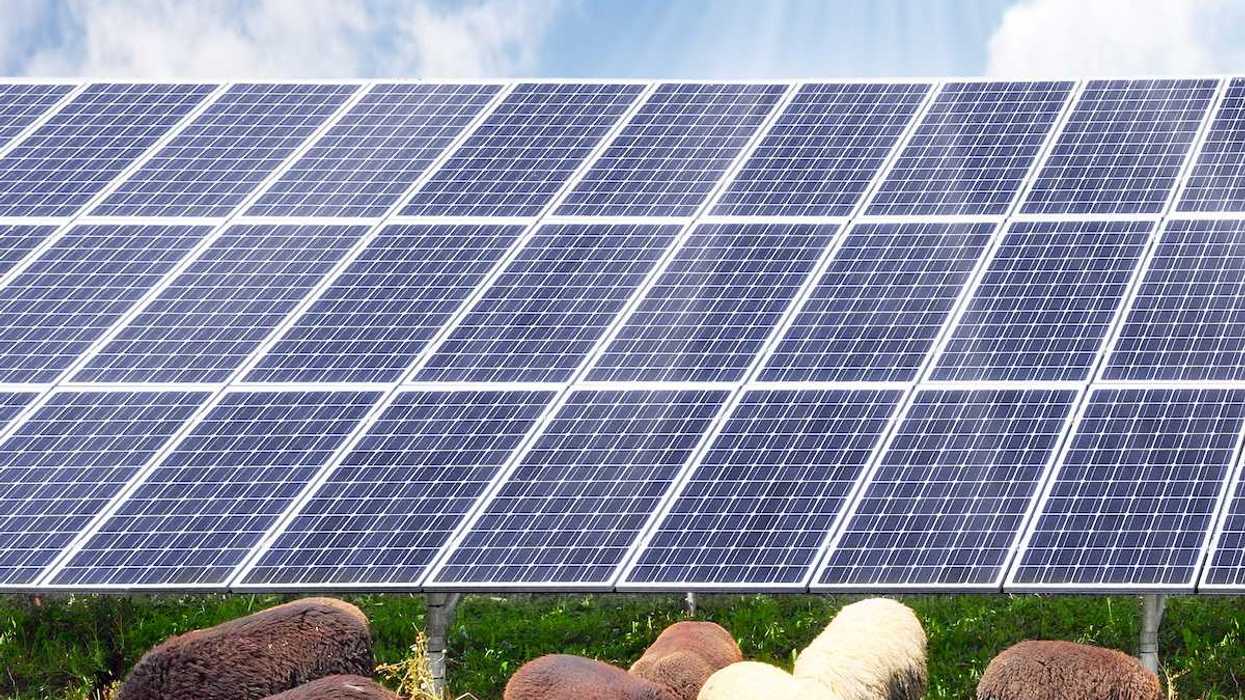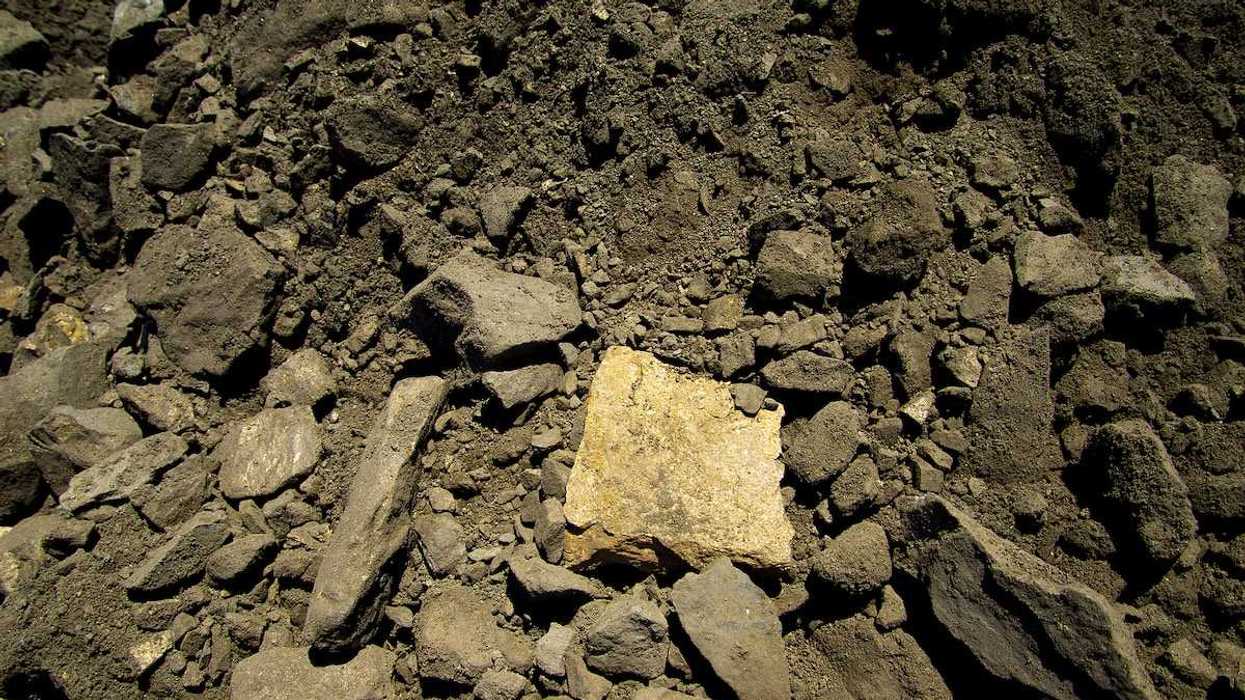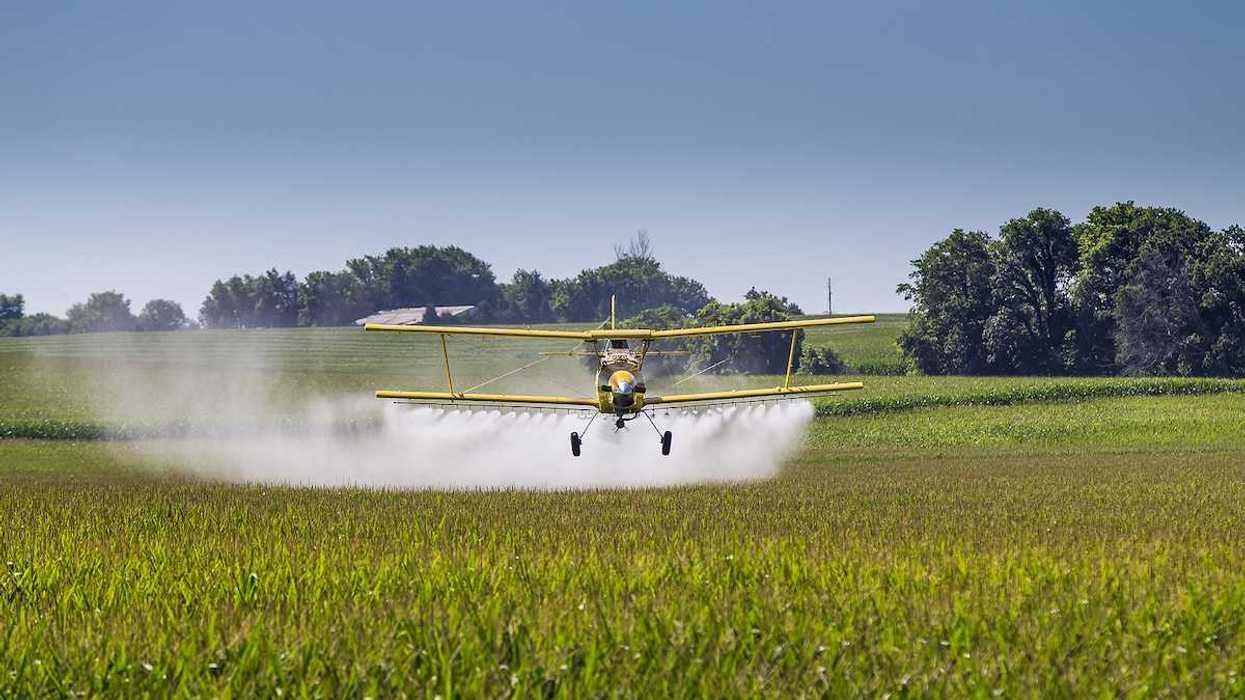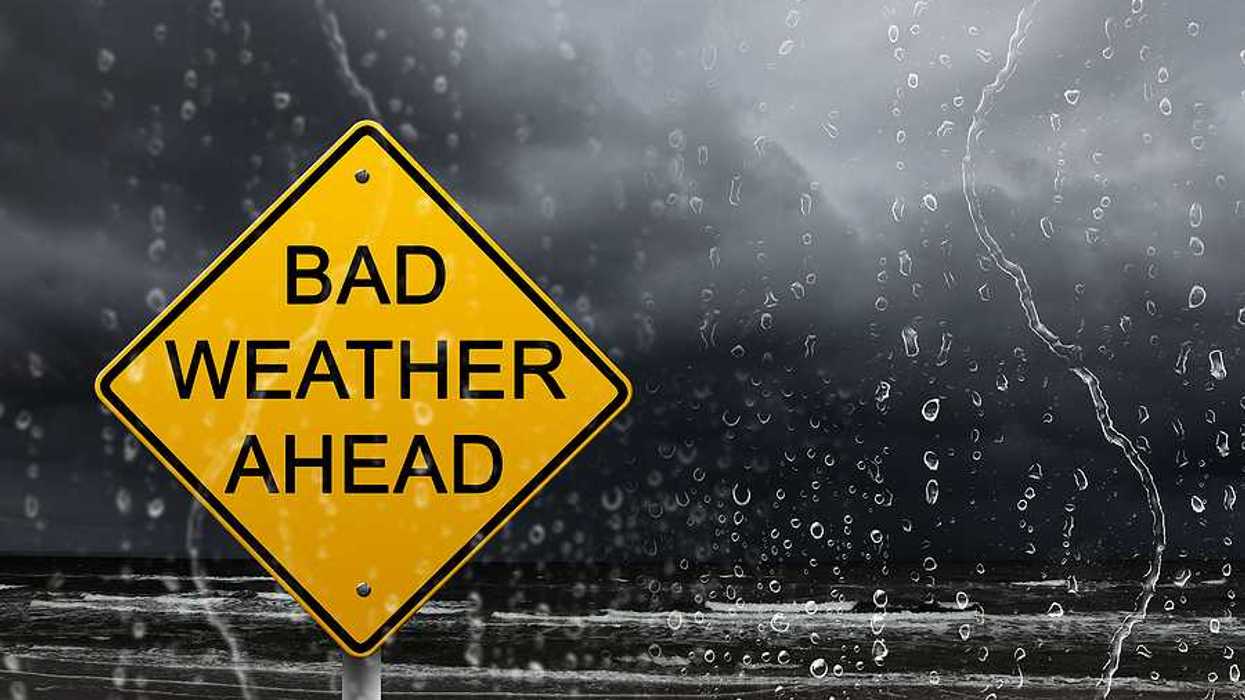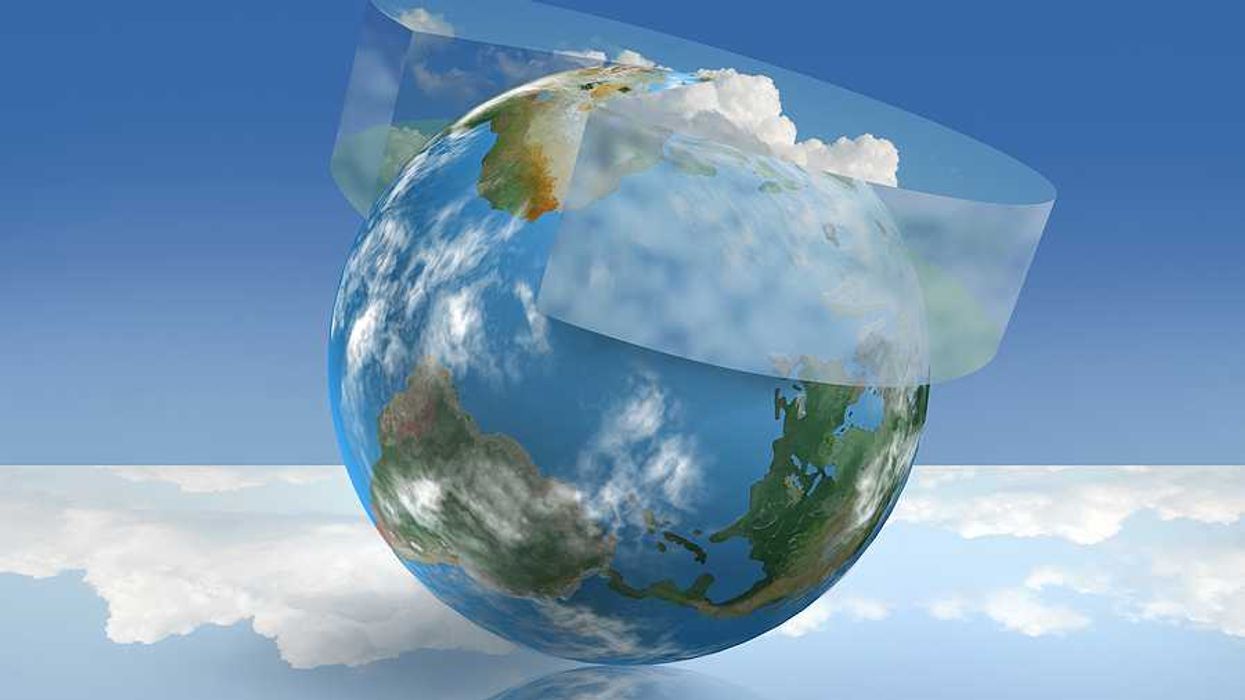Europe faces an astronomical price tag — up to €2 trillion over 20 years — to clean up PFAS pollution, with no end in sight as industries continue to emit these toxic “forever chemicals.”
Raphaëlle Aubert and Stéphane Horel report for Le Monde.
In short:
- PFAS chemicals, used since the 1940s for their non-stick and water-resistant properties, have contaminated at least 23,000 sites across Europe, posing risks like cancer, infertility and immune system damage.
- Cleaning up PFAS could cost between €95 billion and €2 trillion over 20 years, not including healthcare costs, with “emerging” PFAS like trifluoroacetic acid requiring even more expensive decontamination efforts.
- Without strict regulations to stop new emissions, decontamination efforts are futile, as PFAS continue to accumulate in water, soil and living organisms.
Key quote:
"There is not enough money in the world to remove PFAS from the environment as fast as we are adding it right now."
— Ali Ling, environmental engineer
Why this matters:
PFAS exposure is linked to serious health problems, including cancer and immune dysfunction. There are serious questions about whether Europe has the financial will and technological tools to accomplish the colossal task of removing PFAS from contaminated sites. Without strict and effective regulations to stop PFAS at the source, Europe’s efforts to reclaim its poisoned soil and water will be as futile as bailing out a sinking ship with a teaspoon.
Read more: PFAS removal discovery not yet a ‘powerful solution’




